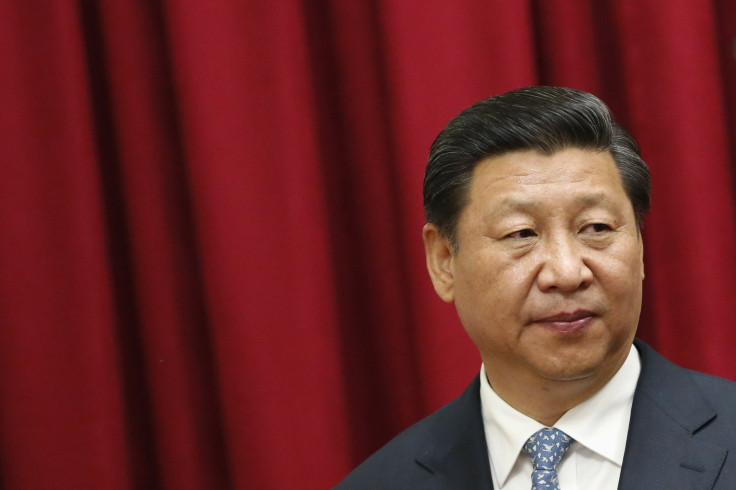The National Security Law for Hong Kong has come into force after it was passed by China on Tuesday, June 30. Strongly decried by critics who said that the new legislation violates Beijing's international commitments, the United States said that any further attempts to take over the semi-autonomous territory will be oppugned.
According to a published report, Xi Jinping, President of the People's Republic of China, had signed a presidential order enacting the National Security Law changing the current set-up on Hong Kong's autonomy.
The President said that the sweeping law is necessary after last year's ordeal in maintaining order and ultimately prevent separatism and foreign interference. Crimes of secession, sedition, and collusion for foreign forces will be punishable with terms of up to life in prison.
In a statement, John Ullyot who is the spokesman for the White House National Security Council urged China's parliament to reverse its course and not topple with the freedom and autonomy that was given to Hong Kong in the Sino-British Joint Declaration when it was returned to Chinese rule in 1977.
U.S. condemns China's new security law for Hong Kong, threatens further actions https://t.co/VLn7Buh3uM
— Devdiscourse (@opensea_getnft) June 30, 2020
Though the full text of the controversial law is still yet to be released, its relation to last year's violent pro-democracy protests and other details had been cited.
Under the National Security Law, a new National Security Agency will be established in Hong Kong. Said agency and its personnel will not be under Hong Kong's local government. It added that should any part of the law conflict with any Hong Kong law, the Beijing law will overrule and will take priority.
The law permits authorities from Beijing to wiretap and perform surveillance activities on any Hong Kong person suspected of endangering national security. This raises concerns as this may significantly reduce the level of privacy and freedom enjoyed by its civilians.
Additionally, cases of persons -- regardless of their permanent or non-permanent residency -- who are suspected of national security crimes can be tried in Mainland China or behind closed doors.
Among those who fear the loss of Hong Kong's freedom are the European Union, Britain and Japan who joined the United States in what now seems to be an international outcry.

© 2025 Latin Times. All rights reserved. Do not reproduce without permission.




